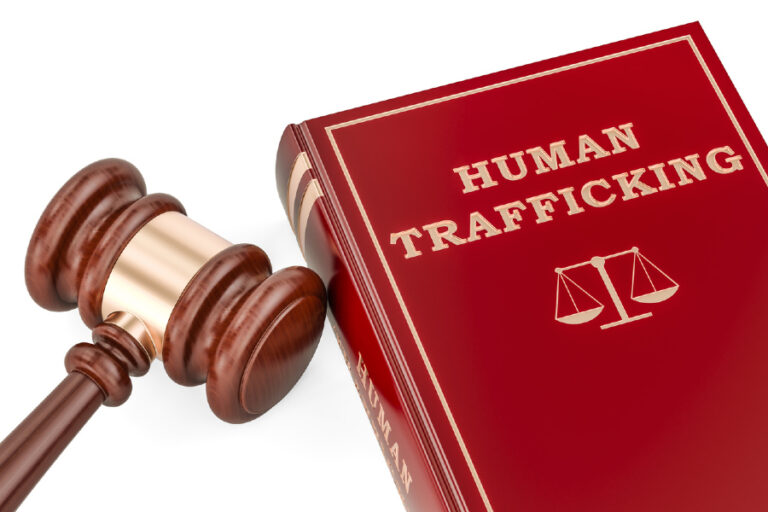What is helpful to know about human trafficking? – Lewiston Sun Journal
This week I address the two questions I’m most frequently asked about human trafficking, “what do I do if I suspect there is human trafficking or I think I know a victim of human trafficking” and “what help is there for victims?” The first question is simple. Call the National Trafficking Hotline 1(888)-373-7888, text BeFree,…






